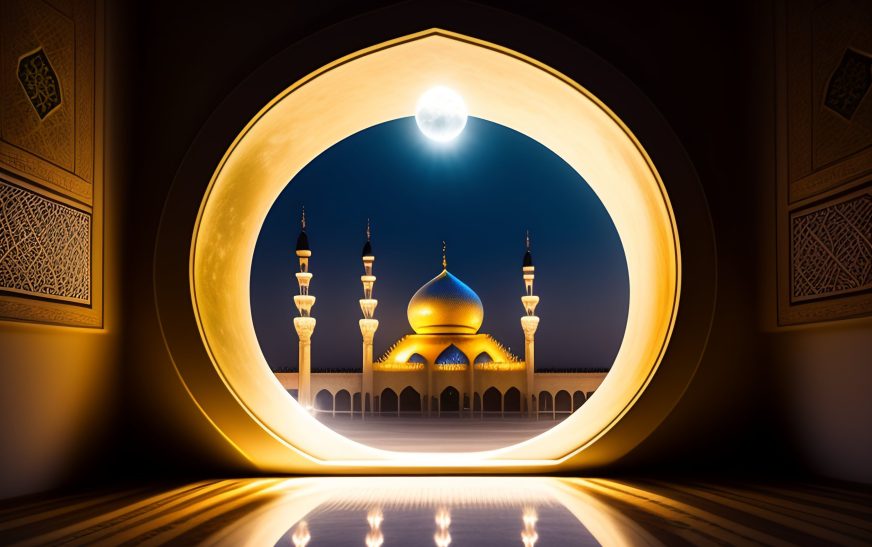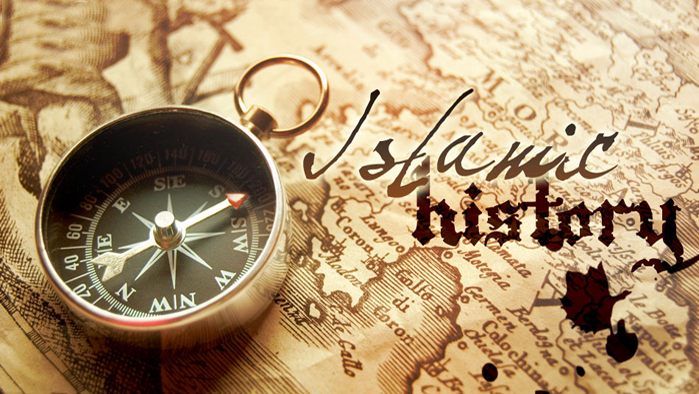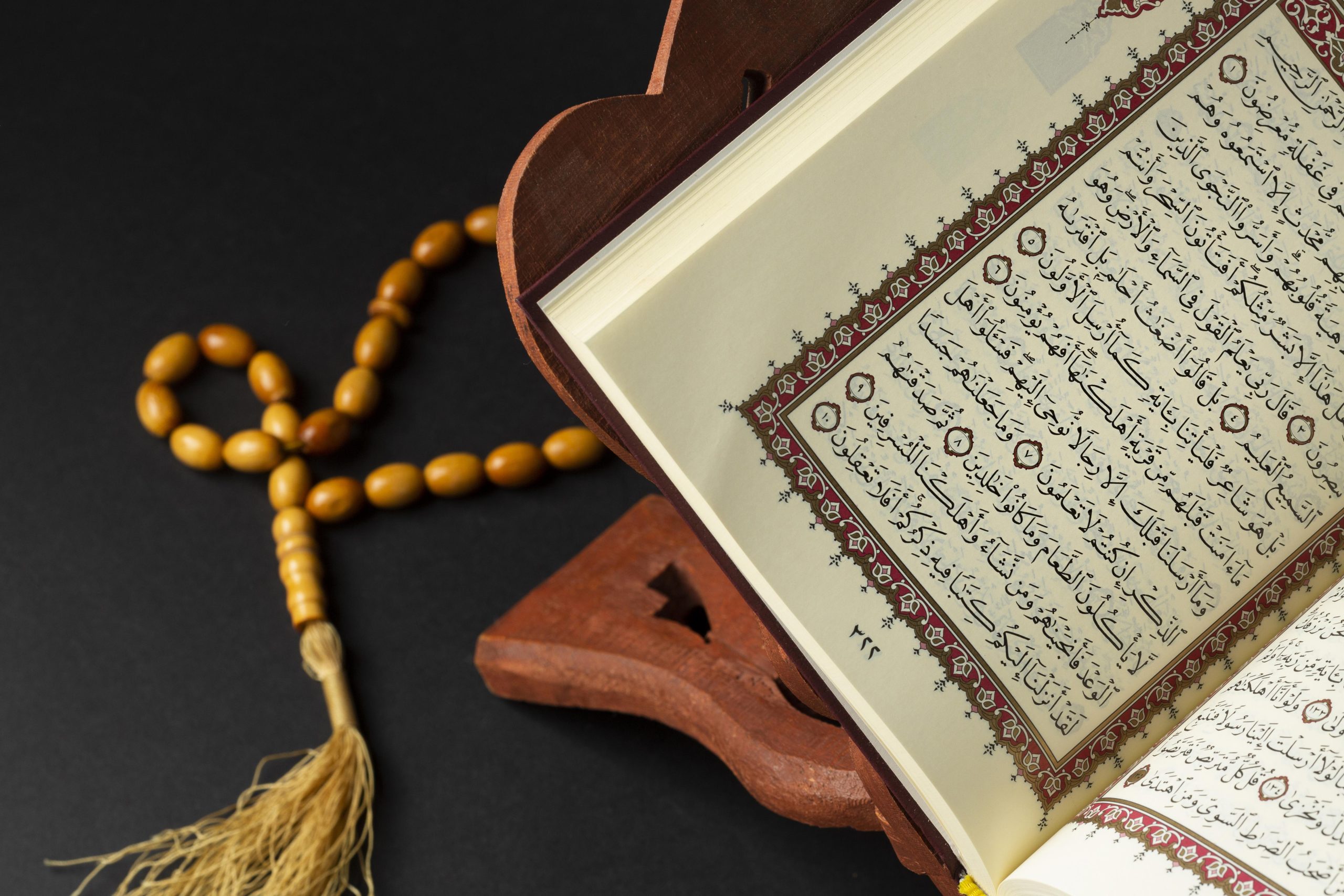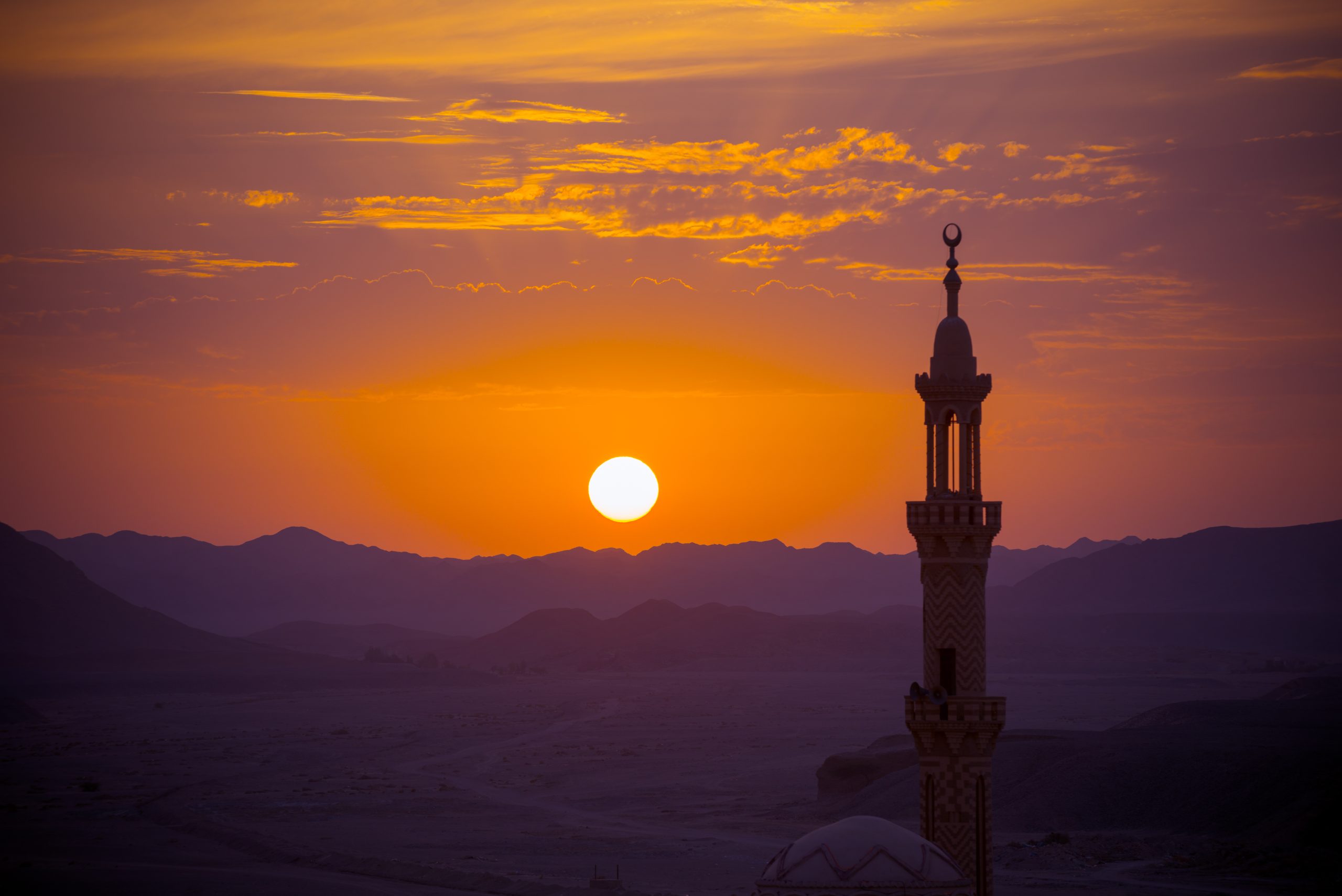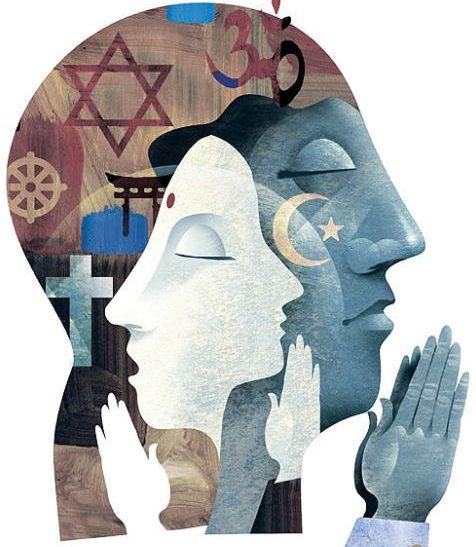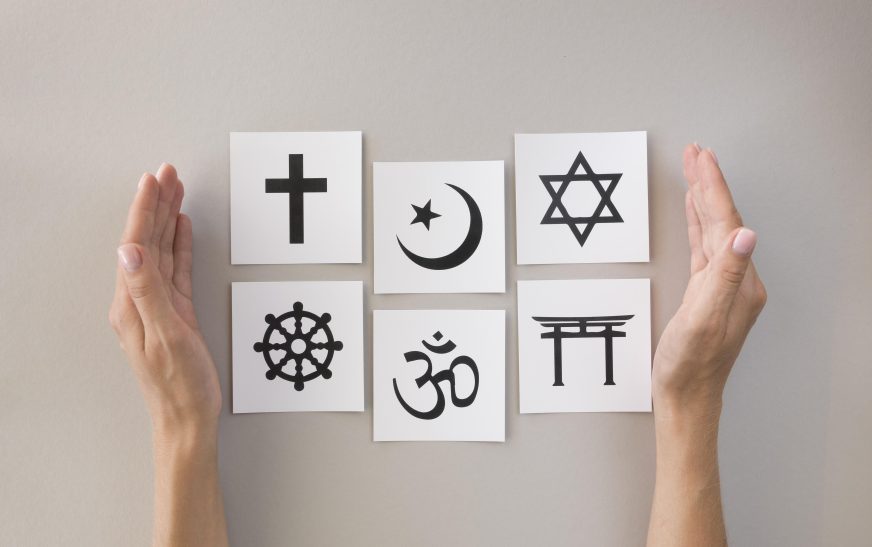The history of Islam is a profound journey that spans centuries, continents, and civilizations, leaving an indelible mark on the world and shaping the lives of millions of believers. This narrative unravels the intricacies of Islamic history, tracing its origins, key events, and enduring impact on humanity.
Islam, meaning “submission to God,” emerged in the Arabian Peninsula during the 7th century CE. The Prophet Muhammad (peace be upon him), born in Mecca in 570 CE, received divine revelations from Allah through the Angel Gabriel, calling people to monotheism, righteousness, and social justice. In 610 CE, at the age of 40, Muhammad (peace be upon him) received the first revelation in the Cave of Hira, marking the beginning of his prophetic mission. Over the next 23 years, he conveyed the message of Islam, emphasizing monotheism, ethical conduct, and compassion for all beings.
Facing persecution in Mecca, Muhammad (peace be upon him) and his followers migrated (Hijrah) to Medina in 622 CE, establishing the first Muslim community. This event marked the beginning of the Islamic calendar and laid the foundation for Islamic governance, social cohesion, and community development. Under the leadership of Muhammad (peace be upon him) and his successors (Caliphs), Islam spread rapidly across Arabia and beyond. The conquest of Mecca in 630 CE and the peaceful acceptance of Islam by various tribes and communities contributed to the growth and consolidation of the Muslim ummah (community).
The Islamic world witnessed a Golden Age of scholarship, innovation, and cultural flourishing from the 8th to the 14th century. Islamic scholars made pioneering contributions to fields such as mathematics, astronomy, medicine, philosophy, literature, and architecture, leaving a lasting legacy of intellectual and artistic achievements.
Notable figures in Islamic history include Ibn Sina (Avicenna) in medicine and philosophy, Al-Khwarizmi in mathematics and algebra, Al-Razi in medicine and chemistry, Ibn Rushd (Averroes) in philosophy, and Ibn al-Haytham in optics and science. Their works were instrumental in advancing knowledge and influencing later generations.
The Islamic world witnessed the rise of powerful empires and dynasties, including the Umayyad Caliphate, Abbasid Caliphate, Fatimid Caliphate, Umayyad Emirate of Cordoba, Seljuk Empire, Mughal Empire, Safavid Empire, and Ottoman Empire. These empires contributed to the spread of Islam, trade, scholarship, and cultural exchange across diverse regions. Islamic civilization flourished in the realms of art, architecture, literature, calligraphy, music, and poetry. The development of intricate geometric patterns, arabesques, calligraphic scripts, and magnificent mosques, palaces, and madrasas showcased the aesthetic brilliance of Islamic art and design.
Throughout history, the Islamic world faced challenges such as internal conflicts, political divisions, invasions, and decline of centralized authority. However, periods of renewal, revival, and reform emerged, characterized by movements like Sufism, Islamic philosophy, legal scholarship (fiqh), and cultural renaissance.
In the modern era, Islam continues to be a global faith with diverse expressions, traditions, and communities. Muslim-majority countries, institutions, and organizations play significant roles in various fields, including politics, economics, education, science, technology, and interfaith dialogue.
The history of Islam is a tapestry woven with threads of faith, resilience, intellectual inquiry, cultural diversity, and human endeavor. From its humble beginnings in Arabia to its global presence today, Islam’s journey reflects the timeless values of peace, justice, compassion, and spiritual enlightenment that continue to inspire and guide believers worldwide.

